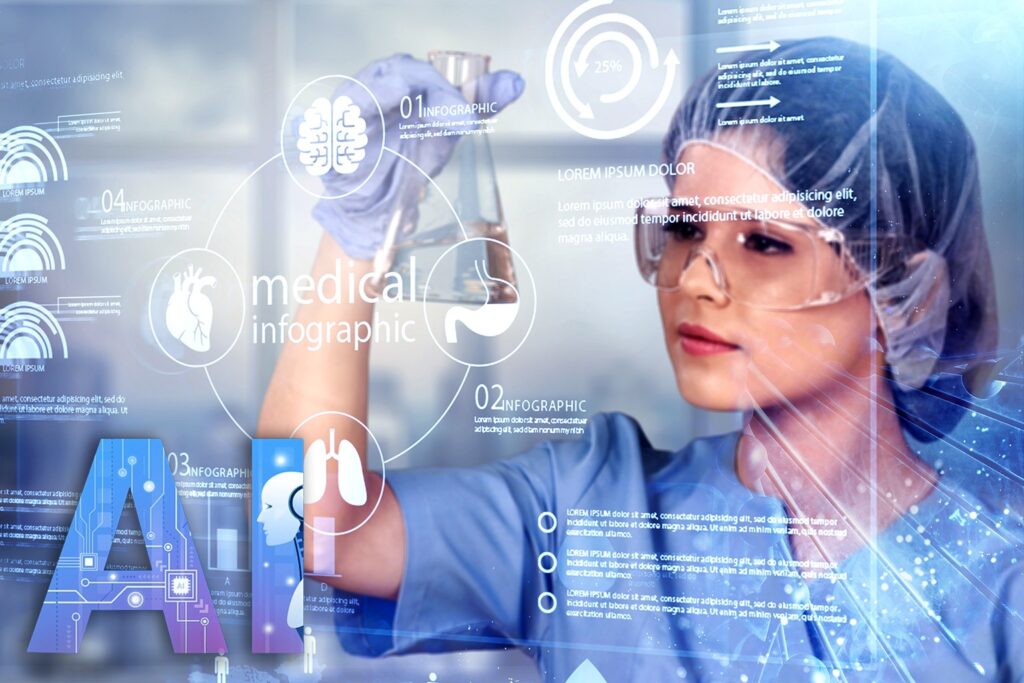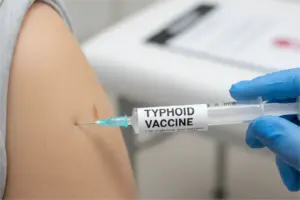
While artificial intelligence is altering medical diagnosis, doctors are still very vital.
From radiography to cancer diagnosis to rare disease identification, artificial intelligence (AI) is revolutionizing the medical sector by increasing diagnosis accuracy and efficiency across numerous disciplines. More and more in order to help doctors make faster and more accurate diagnoses, pediatricians, cardiologists, and other disciplines are embracing AI-powered solutions.
Still, artificial intelligence cannot replace human doctors given these advances. Medical professionals underline that as the usage of artificial intelligence increases ethical concerns need to be properly addressed and that technology should help rather than replace physicians.
Radiology AI: More accurate and faster imaging
Artificial intelligence has been enabling medical imaging to significantly raise diagnosis accuracy and speed starting in 2018. Head of radiology at Aerospace Center Hospital in Beijing, Wang Zhiqun says artificial intelligence has transformed radiography by allowing faster and more exact disease identification.
From hours to only 15 minutes, artificial intelligence has reduced the time needed to locate pulmonary nodules, tiny lung growths.
AI has improved CT angiography interpretation especially for head and neck imaging and coronary artery imaging.
The facility now boasts quadrupled daily diagnostic capacity, ranging from 10 to 40–50 patients daily.
One of the most incredible radiology advancements is artificial intelligence’s ability to assess children’s bone age—a once labor-intensive and challenging process. Faster and more accurate artificial intelligence has generated advances in children’s diagnosis and treatment for growth problems.
Artificial intelligence for cancer and uncommon disease diagnosis
Moreover transforming cancer detection and rare disease diagnosis is artificial intelligence.
Cervical cancer screening has seen significant progress because to AI-driven methods that allow clinicians more precisely locate biopsy sites and detect disease early on.
Combining rare disease information with genetic data, Peking Union Medical College and the Chinese Academy of Sciences have developed an artificial intelligence-powered platform. This method is already helping clinicians to more quickly and correctly detect rare diseases, hence lowering diagnostic delays.
Improved early detection, more accurate diagnosis, and improved patient treatment outcomes resulting from such artificial intelligence advances mean
artificial intelligence in pediatrics: enhancing young healthcare
Artificial intelligence is transforming pediatrics as well.
Beijing Children’s Hospital has released an artificial intelligence-powered medical app using data from hundreds of specialists and decades of medical records.
In a recent case, artificial intelligence produced the same result as a team of 13 medical experts by successfully spotting a complicated skull base tumor in an 8-year-old child.
This highlights how artificial intelligence could support challenging decisions taken in pediatric care. The hospital now plans to extend AI-powered diagnosis tools to local clinics and families so more children obtain accurate and timely diagnosis.
The limits of artificial intelligence in medical treatment
Artificial intelligence cannot replace human doctors and is not flawless even if it is improving fast.
AI can misidentify lesions, leading to false positives that need doctors to verify results to avoid misdiagnosis.
Ethical issues are also rather important. Head of coordination of patient-doctor relationships at Beijing You’an Hospital Huo Honglei noticed that sometimes when results contradict human interpretations, AI-generated diagnosis causes conflicts between doctors and patients.
She emphasizes that since human compassion and understanding shape medical decisions, clinicians have to be always at the center of patient treatment. Moreover, strict regulations are necessary to ensure moral and responsible application of artificial intelligence.
The Prospect of AI in Medical Research
Certainly, by allowing faster, more accurate diagnosis access, artificial intelligence is transforming healthcare. Artificial intelligence is improving health outcomes from radiology to cancer detection to pediatric therapy.
Still, artificial intelligence should be considered as a helpful tool enhancing rather than substituting human expertise. Its success largely depends on moral application and good coordination between medical professionals and artificial intelligence.
Artificial intelligence and doctors have to work together as current technology evolves to ensure that patients get the best possible treatment by combining human expertise and compassion with modern technologies. Artificial intelligence in medicine seems to have great potential as long as it stays a tool in the hands of skilled doctors.








